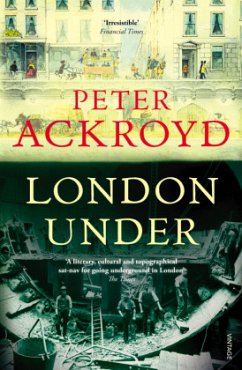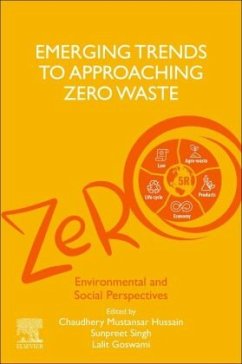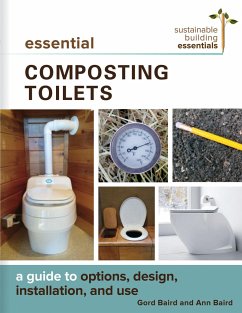
An Underground Guide to Sewers
or: Down, Through and Out in Paris, London, New York, &c.
Versandkostenfrei!
Versandfertig in 2-4 Wochen
27,99 €
inkl. MwSt.

PAYBACK Punkte
14 °P sammeln!
Lose yourself in the vast sewer networks that lie beneath the world's great cities - past and present. Let detailed archival plans, maps and photographs guide you through these subterranean labyrinths - previously accessible only to their builders, engineers and, perhaps, the odd rogue explorer. This execrable exploration traces the evolution of waste management from the ingenious infra-structures of the ancient world to the seeping cesspits and festering open sewers of the medieval period. It investigates and celebrates the work of the civil engineers whose pioneering integrated sewer systems...
Lose yourself in the vast sewer networks that lie beneath the world's great cities - past and present. Let detailed archival plans, maps and photographs guide you through these subterranean labyrinths - previously accessible only to their builders, engineers and, perhaps, the odd rogue explorer. This execrable exploration traces the evolution of waste management from the ingenious infra-structures of the ancient world to the seeping cesspits and festering open sewers of the medieval period. It investigates and celebrates the work of the civil engineers whose pioneering integrated sewer systems brought to a close the devastating cholera epidemics of the mid-19th century and continue to serve a vastly increased population today. And let's not forget those giant fatbergs clogging our underground arteries, or the storm-surge super-structures of tomorrow.












